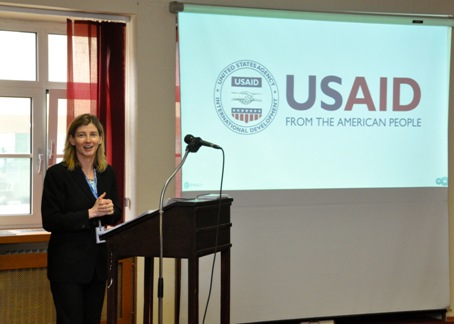
STUTTGART, Germany - Nancy Lindborg, assistant administrator for USAID's Bureau of Democracy, Conflict, and Humanitarian Assistance (DCHA), addresses staff of U.S. Africa Command, March 30, 2012, as part of the Command Speaker Series. Lindborg talked about USAID's efforts in Africa and discussed how U.S. AFRICOM can better work with the interagency organization to achieve common objectives. (U.S. AFRICOM photo by Danielle Skinner)
submitted by Samuel Bendett
U.S. AFRICOM Public Affairs - by Danielle Skinner
STUTTGART, Germany, Apr 3, 2012 — In developing countries experiencing chronic crises, such as those in the Horn of Africa, disaster risk reduction is often just as important, if not more so, than humanitarian response and recovery, according to a senior official from U.S. Agency for International Development (USAID).

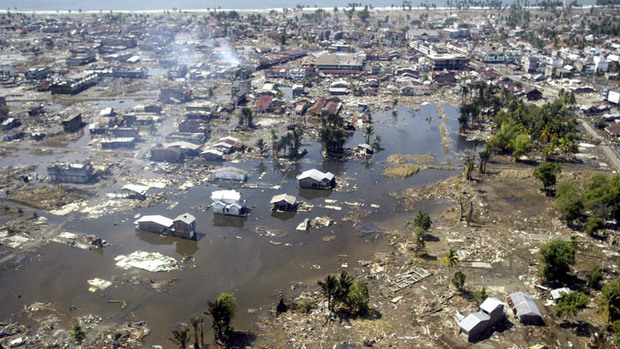






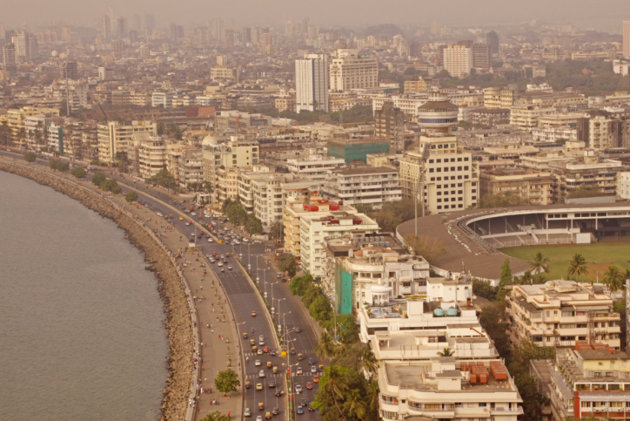
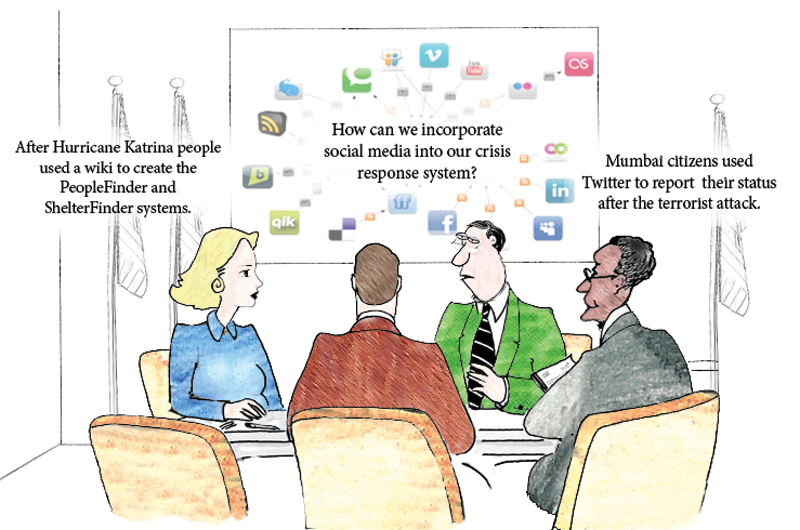
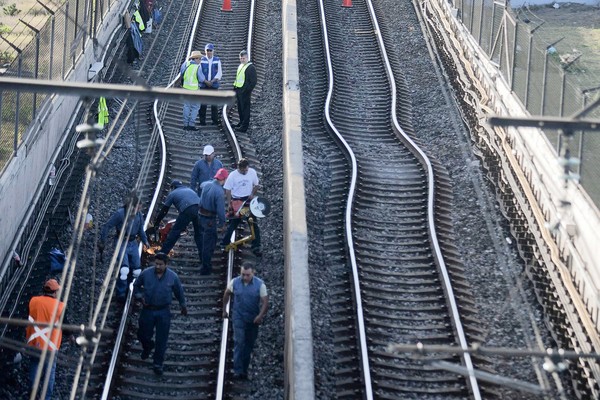
Recent Comments